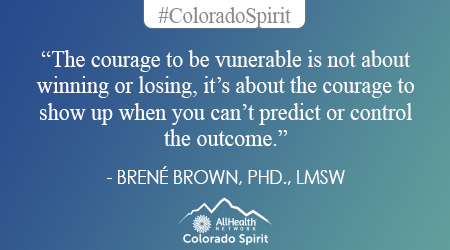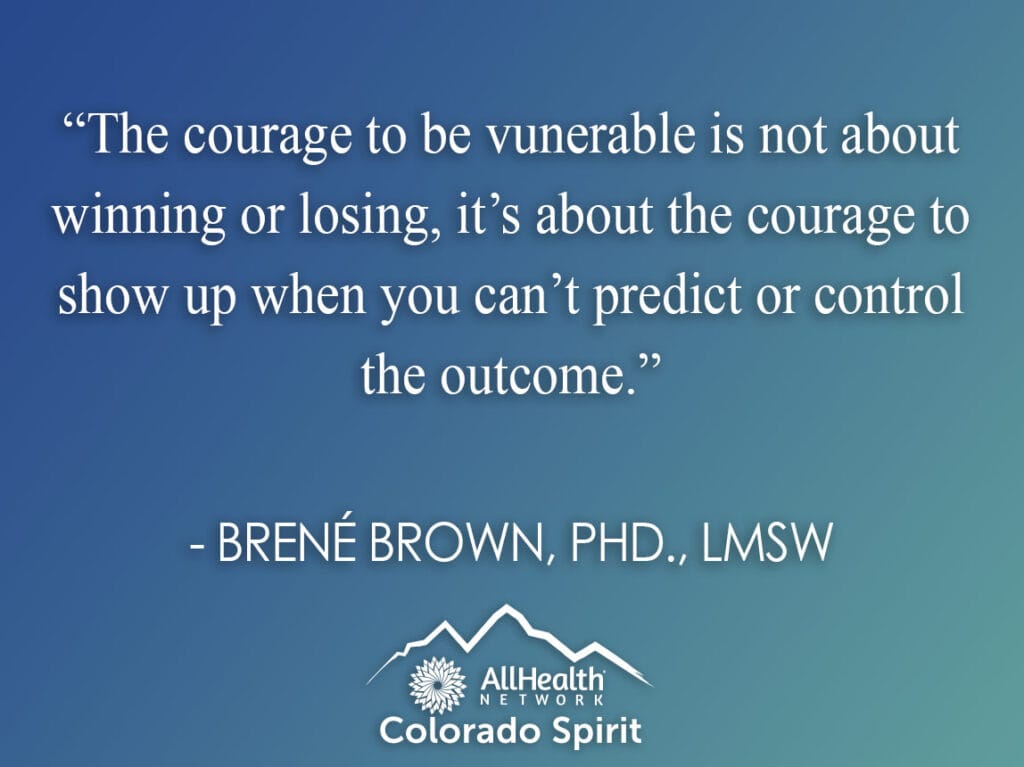A lot of attention has been paid to how families with younger kids can adjust to life with COVID-19. While many of the strategies families use to support younger kids also support teenagers, anyone with a teenager (or pre-teen for that matter), will tell you there are some really big differences.
Some things to think about with teens:
Social distancing can feel especially difficult. While they are old enough to understand the logic behind this public health recommendation, social networks are incredibly important to most teens. While this focus on relationships outside of family members is completely developmentally appropriate, not being able to see peers can be incredibly painful. While encouraging virtual connections and connections that allow for social distancing are really important strategies to help teens explore, this probably will not feel like enough for a lot of teens. Recognizing and validating how hard this is and giving space for grief and sadness is important.
Speaking of grief and sadness, there are a ton of important social rituals and rites of passage that teens missed this year. Schools, families, and communities have worked diligently to come up with creative solutions for many of these rituals, AND it’s not the same. Grief and sadness is a completely understandable and natural reaction. Acknowledging this and grieving with our teens is one way to support them around this.
We know teens don’t always want to open up and share, AND we know that giving teens a safe and trusted outlet to talk about how they are feeling and their fears, frustrations, and disappointments helps. We have to make sure our teens know we are here for them, and available to talk when they are ready. If you have concerns about your teen’s depression, stress level, or anxiety, talk to them specifically about this. Share what you are observing and ask them what they notice and what they think would help. If you are worried, you can always call the Colorado Crisis Hotline at 1-844-493-8255 (TALK) and get help developing a plan of support for your teen. You can also check out the Colorado Crisis Services Youth page which has videos by teens and for teens about mental health, plus some tips on what to expect when reaching out through their Crisis Text Line (text to: 38255).
Sleep is important for teens too! Sometimes we forget how much we all, regardless of our age, benefit from regular sleep and structure to our days. Sleep is particularly important for adolescents. Pre-pandemic, most teens were not likely getting enough sleep. When you factor in the irregular sleep schedules many teens have adopted given the reduced structure of their days, it is safe to say a lot of our teens are sleep deprived or developing unhealthy sleep patterns. The challenge with this is that regular balanced sleep is essential for anyone to manage stressful situations. Disrupted sleep patterns can often lead to longer term challenges with sleep. Helping teens (and ourselves) get balanced sleep is one of the most effective ways to manage stress and intense emotions. This site provides more information about the importance of sleep for teens and some tips to help teens develop healthy sleep patterns.
Social Media is a mixed blessing right now. Many of these platforms help teens stay connected to their peers at a time when they most need that connection. And, we know that overuse of social media can have a profound impact on teen mental health. What’s a parent to do? We think conversations with teens about this challenge are more crucial now than ever.
Red Tricycle has some suggestions for this.
Structure is still important, even over the summer. Having a mix of physical, social, and creative activities to engage in helps all of us deal with these unprecedented times. Support your teen in developing a plan.
Engage teens in projects and activities that are meaningful to them. Self-efficacy, or the concept of what can I do and have control over, is a key way many of us connect with our resiliency. Additionally, doing things to help others in our family and community helps up tap into our resiliency. Work with teens to see what ideas and interests they have about how to support their family and community. This article has some suggestions along with other great tips for supporting teenagers during the pandemic.
Finally, take care of yourself. Make sure you have people to connect with. Find ways to give yourself and others grace and compassion. Teens need supportive and trustworthy adults right now, and making sure we as adults are getting our needs met is one of the best ways we can make sure we can show up for them!
Would speaking to someone help?
AllHealth Network, along with other community mental health centers, is continuing to provide services via telehealth and by phone. Our Crisis Walk-in Center remains open 24/7 and offers in-person care to those experiencing a mental health crisis. For more information and to get connected with our services, please call 303-730-8858. To learn more about what other community mental health centers are doing, please visit the Colorado Behavioral Health Council COVID-19 website.
If you are experiencing a mental health crisis and are in need of immediate assistance, please call the Colorado Crisis Hotline at 1-844-493-TALK (8255) or text TALK to 38255
How do you know if you’re experiencing a mental health crisis? Click here to learn about mental health crisis warning signs to look out for from the National Alliance on Mental Illness (NAMI)
Resource links
Boston Children’s Hospital – Teens, social distancing, and anxiety in the time of COVID


